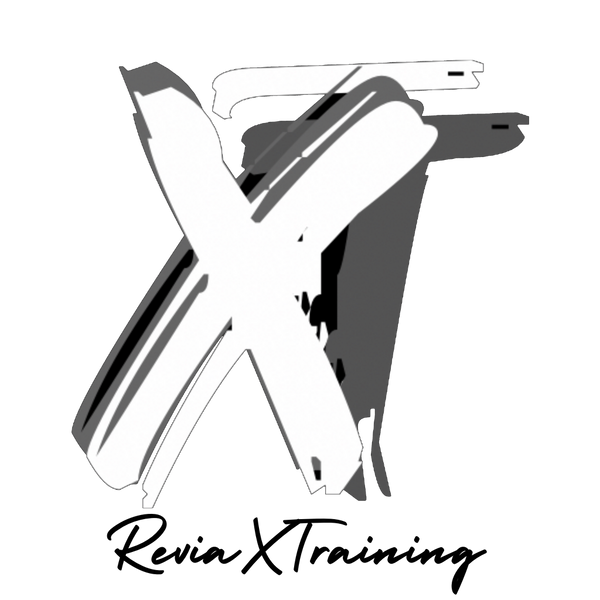How to Build Muscle with Proper Nutrition: Feed Your Muscles
Building muscle is about more than just lifting weights; it requires a solid nutritional foundation to support your body’s growth and recovery. What you eat, how much you eat, and when you eat all play crucial roles in maximizing your muscle-building efforts. Here’s how to feed your muscles properly to achieve the best results.
1. The Importance of Protein for Muscle Growth
Role of Protein: Protein is the cornerstone of muscle building. It provides the essential amino acids needed to repair and grow muscle tissue after exercise. Without adequate protein, your muscles won’t have the raw materials they need to recover and grow.
Daily Protein Requirements: The amount of protein you need depends on your body weight, activity level, and muscle-building goals. A general guideline is to consume about 1.6 to 2.2 grams of protein per kilogram of body weight per day. For someone who weighs 70 kg, this would translate to 112-154 grams of protein daily.
Sources of Protein: High-quality protein sources include lean meats like chicken, turkey, and beef, as well as fish, eggs, dairy products, and plant-based options like tofu, lentils, and quinoa.
2. The Role of Carbohydrates in Muscle Building
Energy for Workouts: Carbohydrates are your body’s primary source of energy. They fuel your workouts and help replenish glycogen stores, which are crucial for sustaining energy levels during intense training sessions.
Daily Carbohydrate Intake: Aim for carbohydrates to make up about 45-65% of your total daily caloric intake. Focus on complex carbs like whole grains, vegetables, fruits, and legumes, which provide sustained energy and essential nutrients.
Timing Your Carbs: Consuming carbs before your workout can help fuel your training session, while eating them after your workout helps to replenish glycogen stores and supports recovery.
3. The Role of Fats in Muscle Building
Healthy Fats for Hormone Production: Fats are essential for hormone production, including testosterone, which plays a key role in muscle growth. They also provide a concentrated source of energy, especially during lower-intensity activities.
Daily Fat Intake: Fats should account for about 20-35% of your daily caloric intake. Focus on healthy fats from sources like avocados, nuts, seeds, olive oil, and fatty fish.
Balancing Your Fats: Include a source of healthy fat in each meal to ensure you’re getting enough to support overall health and hormone function.
4. The Importance of Caloric Surplus for Muscle Gain
Eating Enough to Grow: To build muscle, you need to consume more calories than your body burns in a day. This caloric surplus provides the extra energy your body needs to repair and grow muscle tissue.
Calculating Your Caloric Needs: Start by determining your Total Daily Energy Expenditure (TDEE), which is the number of calories your body needs to maintain its current weight. To gain muscle, aim to eat about 250-500 calories above your TDEE each day.
Monitoring Your Progress: Keep track of your weight and muscle gains over time. If you’re not gaining muscle as expected, consider gradually increasing your calorie intake.
5. Meal Timing and Frequency
Why Timing Matters: When you eat can be just as important as what you eat. Spacing your protein intake throughout the day helps maintain a steady supply of amino acids to your muscles, which supports continuous growth and recovery.
Pre-Workout Nutrition: Eat a balanced meal containing protein and carbohydrates 1-3 hours before your workout to fuel your session. If you’re short on time, a smaller snack 30-60 minutes before can also work.
Post-Workout Nutrition: Consume a meal or snack rich in protein and carbohydrates within 30-60 minutes after your workout to kickstart the recovery process and maximize muscle growth.
Frequent Meals: Eating 4-6 smaller meals throughout the day, each containing protein, can help maintain a positive nitrogen balance, which is essential for muscle growth.
6. Hydration: An Often Overlooked Aspect
Staying Hydrated: Proper hydration is crucial for muscle function and recovery. Water helps transport nutrients to your muscles, aids in digestion, and supports overall physical performance.
How Much Water You Need: Aim to drink at least 8-10 cups (2-2.5 liters) of water per day, more if you’re training intensely or in a hot climate.
Hydration During Workouts: Drink water regularly before, during, and after your workouts to stay hydrated and support optimal performance.
7. Supplements for Muscle Growth
When to Consider Supplements: While whole foods should be your primary source of nutrients, supplements can help fill in the gaps, especially when it comes to protein intake and recovery.
Common Muscle-Building Supplements:
- Whey Protein: A fast-digesting protein that’s ideal for post-workout recovery.
- Creatine: Helps increase strength and muscle mass by boosting your ability to perform high-intensity workouts.
- Branched-Chain Amino Acids (BCAAs): Can help reduce muscle soreness and improve recovery after workouts.
- Fish Oil: Provides essential omega-3 fatty acids that support overall health and reduce inflammation.
Conclusion
Building muscle with proper nutrition requires a strategic approach that includes adequate protein intake, balanced carbohydrates and fats, a caloric surplus, and smart meal timing. By focusing on these key aspects and staying consistent with your nutrition plan, you’ll be well on your way to maximizing your muscle-building efforts. Remember, nutrition is just as important as your training—feed your muscles the right way to achieve the results you’re after.
Ready to maximize your muscle-building efforts? Join our 30-Day Bodyweight Blast to get personalized nutrition and workout guidance designed to help you build muscle effectively.
Join the 30-Day Bodyweight Blast Now!